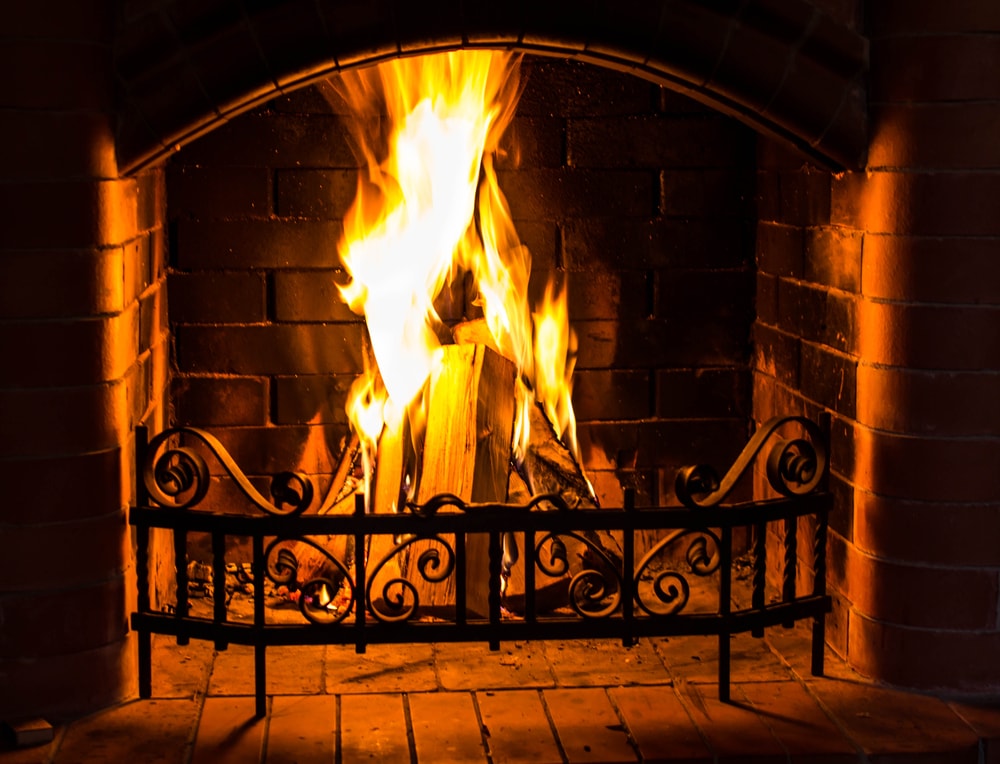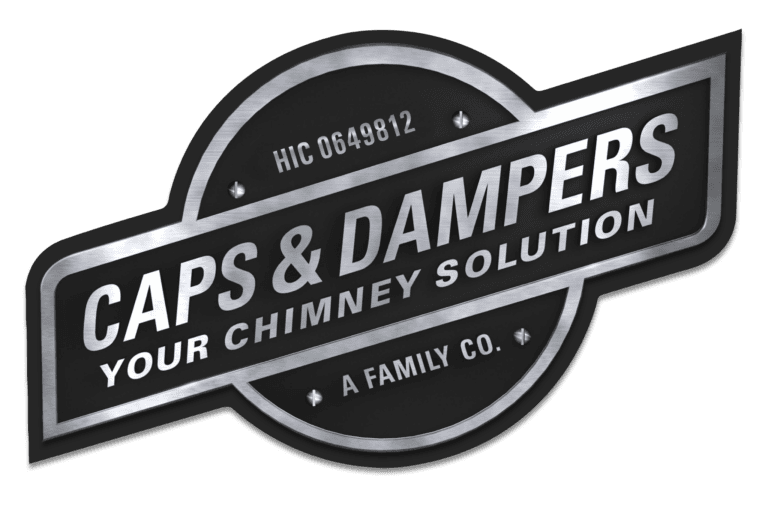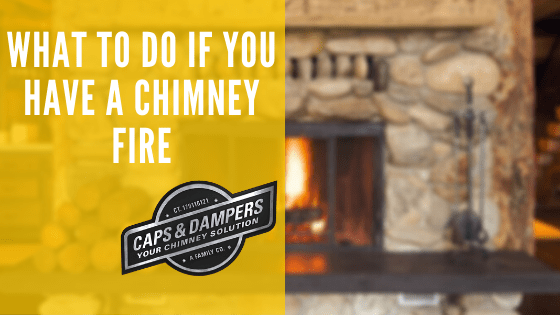It’s an event that homeowners have nightmares about. Walking into the living room and being engulfed in a plume of smoke as their chimney spews fire and ash.
There are approximately 350,000 residential fires each year, and the majority of them could be avoided.
The key to minimizing your fire risk is to be proactive about keeping your chimney clean. Here are a few tips for chimney fire prevention and some important advice for limiting the damage caused by a fire.

How to Protect Your Home from a Chimney Fire?
Here are some useful tips for chimney fire prevention:
1. Burn Dry Firewood
Anytime you burn wood inside your home, it should always be dry firewood. Less than 20% moisture is ideal for optimal safety, and it should be seasoned for up to a year.
2. Control the Flue Temperature
One of the easiest ways to prevent an out-of-control blaze is to regulate your flue temperature. Keep it from exceeding 800 degrees, closer to 400 is better.
3. Minimize Creosote Build-Up
Creosote build-up can be a silent killer, plain and simple. Lower your fire risk by hiring professional chimney cleaners who can alleviate your creosote problem in no time.
4. Schedule a Chimney Inspection
Get your chimney examined by a trained professional and at an affordable price. Scheduling an annual chimney inspection will ensure that your structure remains clean and devoid of any unforeseen problems.
5. Employ Clean Burning Techniques
It should go without saying that you should refrain from burning garbage or dirty substances in your chimney. In addition to getting it cleaned at least once a year, keep your flue and the surrounding space clean while you have a fire going.
6. Install Chimney Caps
Have a professional come over and install a chimney cap. This will prevent unwanted items from entering your flue, including bird nests and other debris. It will also keep escaped smoke from coming back into your flue and causing the fire to compound.
What Are The Signs of a Chimney Fire?
Chimney fires aren’t always obvious, but they don’t have to have large flames to cause serious damage to your home.
Telltale signs of fire damage include ash and debris seeping into your living space, the presence of black smoke emanating from your chimney, as well as loud noises coming from your chimney and fireplace. These noises will sound like a loud popping or crackling and should tell you that there’s something seriously wrong.
What to Do During a Chimney Fire?
In many situations, your chimney fire will quickly burn itself out—especially if you own a modernized chimney system. The best thing you can do is to starve the fire of much-needed oxygen by closing the glass doors of the fireplace. If you’re using a stove, immediately shut off all air vents, close the inlets and flue dampers to eliminate the oxygen supply.
If it’s safe to do so, grab your chimney fire extinguisher and try to eliminate, or at the very least minimize the scope of the fire. This is okay for smaller fires but if the fire is unmanageable, you should immediately exit your premises.
If your chimney system has not allowed any fire to escape, great. It will probably burn itself out when starved by oxygen. If it has escaped, you need to leave the property right away. Once you are safely away from the fire, dial up the local fire department.
How to Avoid Future Chimney Fires?
Even if the fire caused minimal structural damage, you still need to hire a professional to investigate your chimney. They should look for any unforeseen damages and perform necessary chimney repairs to get your structure back to its optimal state.
Call a Professional Chimney Sweep
There’s no need to go the DIY route. When it comes to something as critical as chimney care, trust the seasoned experts. They will diagnose the condition of your chimney and alleviate small problems before they become big ones.


